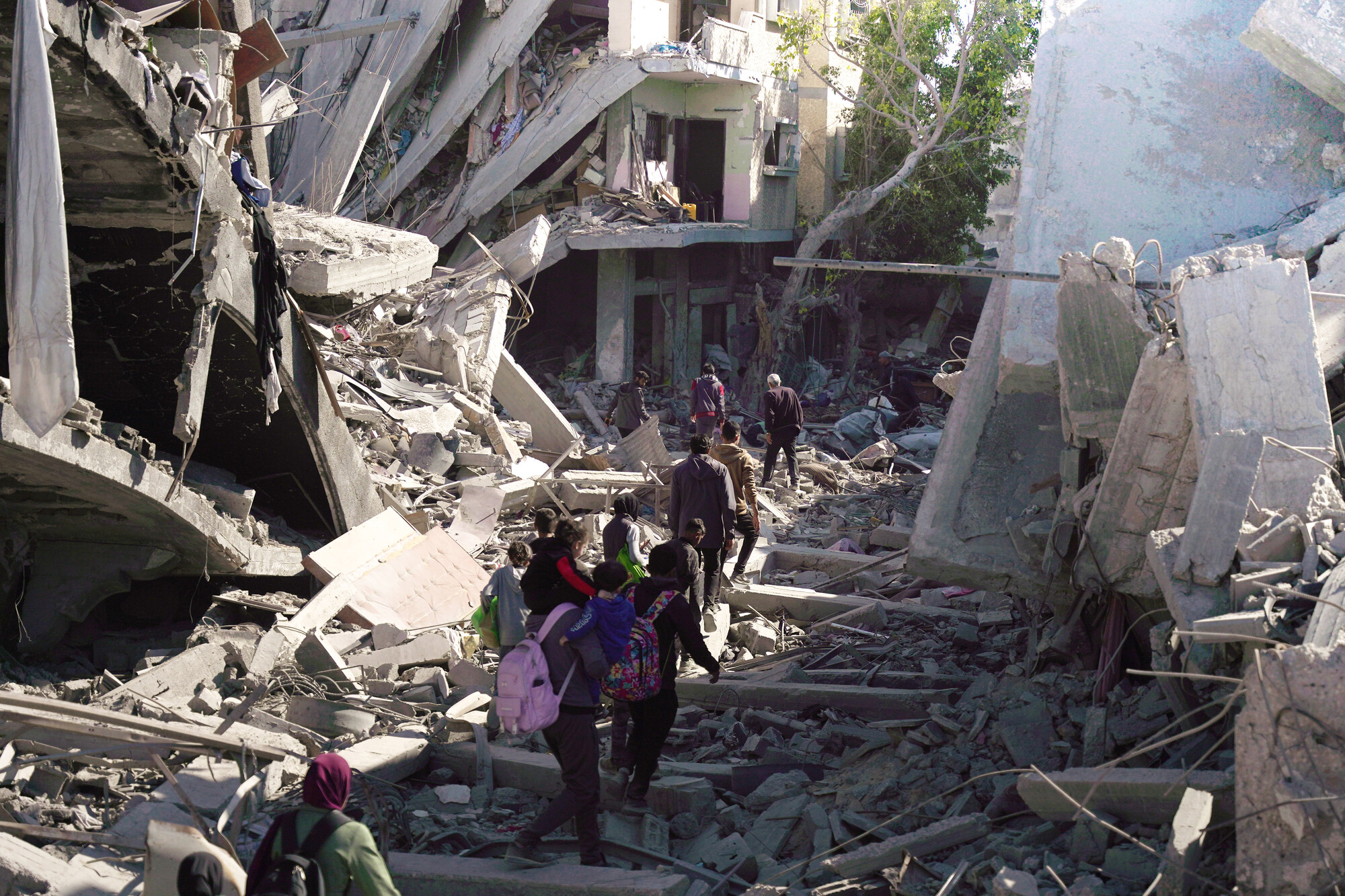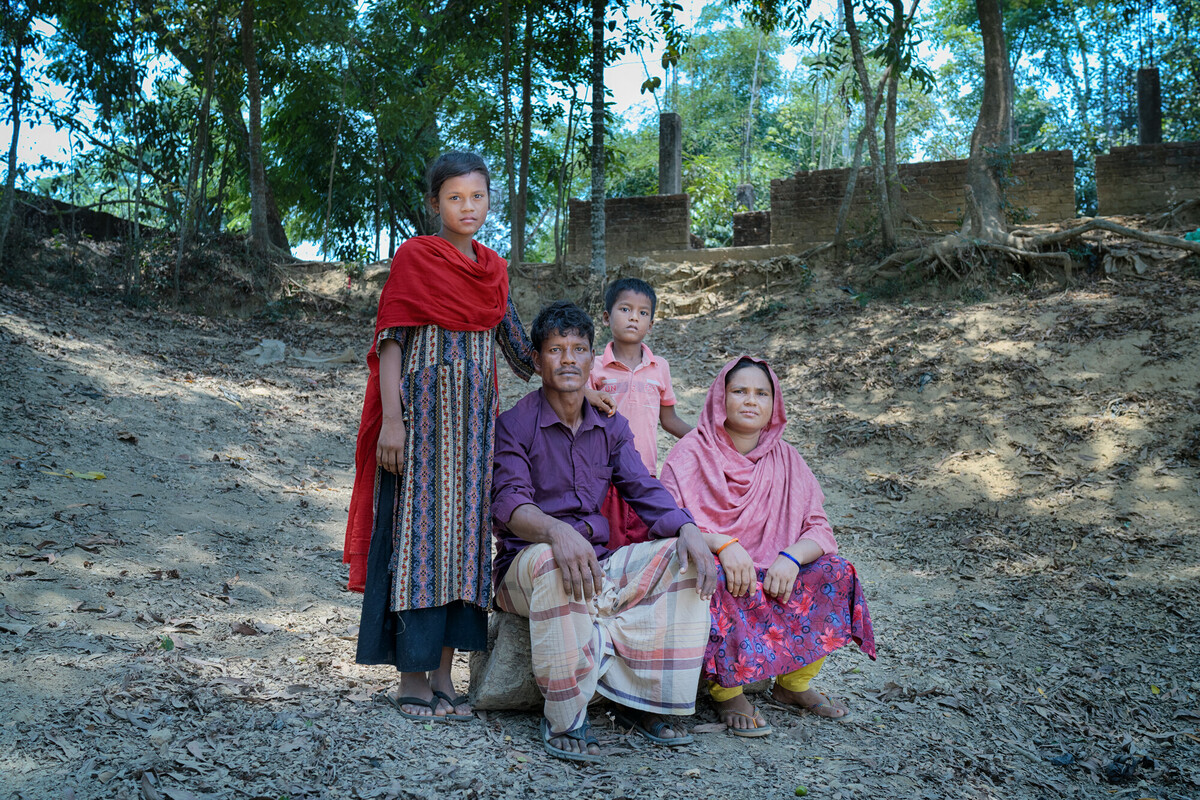Still recovering from a devastating 7.0 earthquake in January, impoverished Haiti is now dealing with an outbreak of the deadly bacterial disease cholera. The fast-moving disease has killed more than 250 people so far and sickened another 3,000 – mostly in the Artibonite and Central Plateau regions north of capital city Port-au-Prince.
Cholera is transmitted through contaminated water and food, and causes severe diarrhoea, vomiting, and dehydration. Fortunately, a few simple measures can prevent cholera from spreading: washing hands with soap before eating and after going to the toilet; boiling all drinking water; and avoiding uncooked food.
Oxfam teams are on the ground in Artibonite distributing soap, water purification tablets, and oral rehydration salts. So far we’ve reached nearly 40,000 people in the Petite Riviere area, which has a population of 100,000. We’re also working hard to get the word out about good hygiene practices and cholera prevention, broadcasting regularly on local radio and training community leaders to help educate the population.
While recent reports indicate the situation may be stabilizing, Oxfam says there’s still a lot to be done to ensure people have the information they need to help prevent the spread of cholera. Five cases have been confirmed in Port-au-Prince, still crowded with camps for people displaced by the 12 January earthquake. But officials stress that those cases were not contracted in the city; they originated in Artibonite.
Cholera can kill within hours if severely sick patients do not get prompt care. Treatment includes the administration of oral rehydration salts, and for very sick patients, intravenous fluids. Oxfam staffers report that medical care and hospitals are now well set up and getting a foothold against the disease.
“Contrary to news reports from Friday and Saturday, the hospital in hard-hit St. Marc was very calm yesterday,” said Oxfam press office Julie Schindall, who visited the Artibonite region on Sunday. “I was very encouraged by the sight of an orderly, clean hospital with long rows of beds, IV drips, and a calm admissions line.”
But the realities of life in Artibonite—a rural region with poor water and sanitation infrastructure—were also very clear to Schindall.
“As we were driving around in our assigned work zone in Petite Riviere, I saw a young boy, maybe 12, bathing in a deep pool of stagnant water, surrounded by rusted old trucks,” said Schindall. “His mouth was open and he was drinking the water. We clearly have a lot of work to do to educate people about good personal hygiene practices. At the same time, we have to be sure people actually have access to clean water.
“Everywhere I went yesterday there was water all around—rice paddies, irrigation canals, rivers. But not a drop of that is safe for drinking.”
We have 25 staffers on the ground in Petite Riviere, distributing water purification tablets and training people about how to stop the spread of cholera. We’re also working in close cooperation with the mayor, who has offered the support of 80 local social workers who Oxfam can train to help with a public education campaign on good hygiene practices.
“The aid community is working closely with local groups, provincial leaders and mayors to combat this disease,” says Oxfam’s water and sanitation advisor Raphael Mutiku. “It’s very encouraging to see everyone coming together to help out, working around the clock to stop the spread. Cholera is a very dangerous disease, but it can be contained.”


